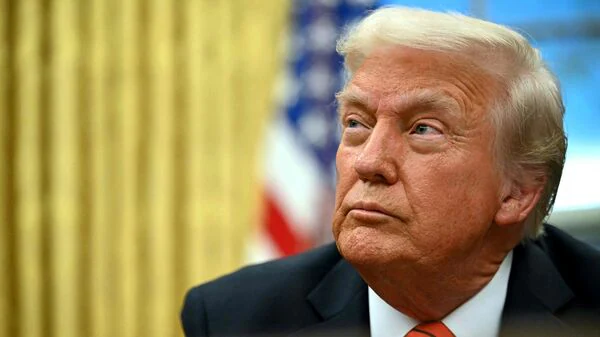Featured
article
- Get link
- X
- Other Apps
Tariff Tipping Point: Trump Unleashes Reciprocal Tariffs

In a dramatic escalation of trade tensions, President Donald Trump declared today that reciprocal tariffs are set to take effect. Speaking in an emphatic post on his social media platform, Trump proclaimed, "Today is the big one: reciprocal tariffs!" The announcement signals that the administration will match any tariffs imposed on U.S. imports by other nations—a move aimed at leveling the playing field for American manufacturers.
While details remain sparse, the president hinted that the new policy will target countries that levy higher duties on U.S. goods, a tactic intended to protect domestic industries and generate additional government revenue. Economists, however, warn that such measures may ultimately burden American consumers with higher prices and disrupt global supply chains.
Market watchers are already anticipating swift retaliatory responses from key trading partners such as China, Canada, and Mexico. As the global trade landscape braces for further volatility, investors and businesses alike are keeping a close eye on the unfolding tariff war, which could signal a new chapter in U.S. trade policy.
Popular Posts
Trump's Six Words: "I'm Going to Stop the Wars"
- Get link
- X
- Other Apps
Smart Savings for a Sharp School Start: Canadian Parents’ 2025 Guide
- Get link
- X
- Other Apps



Comments
Post a Comment